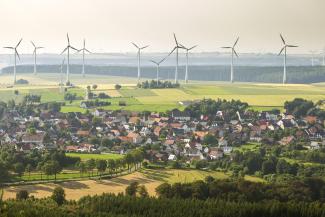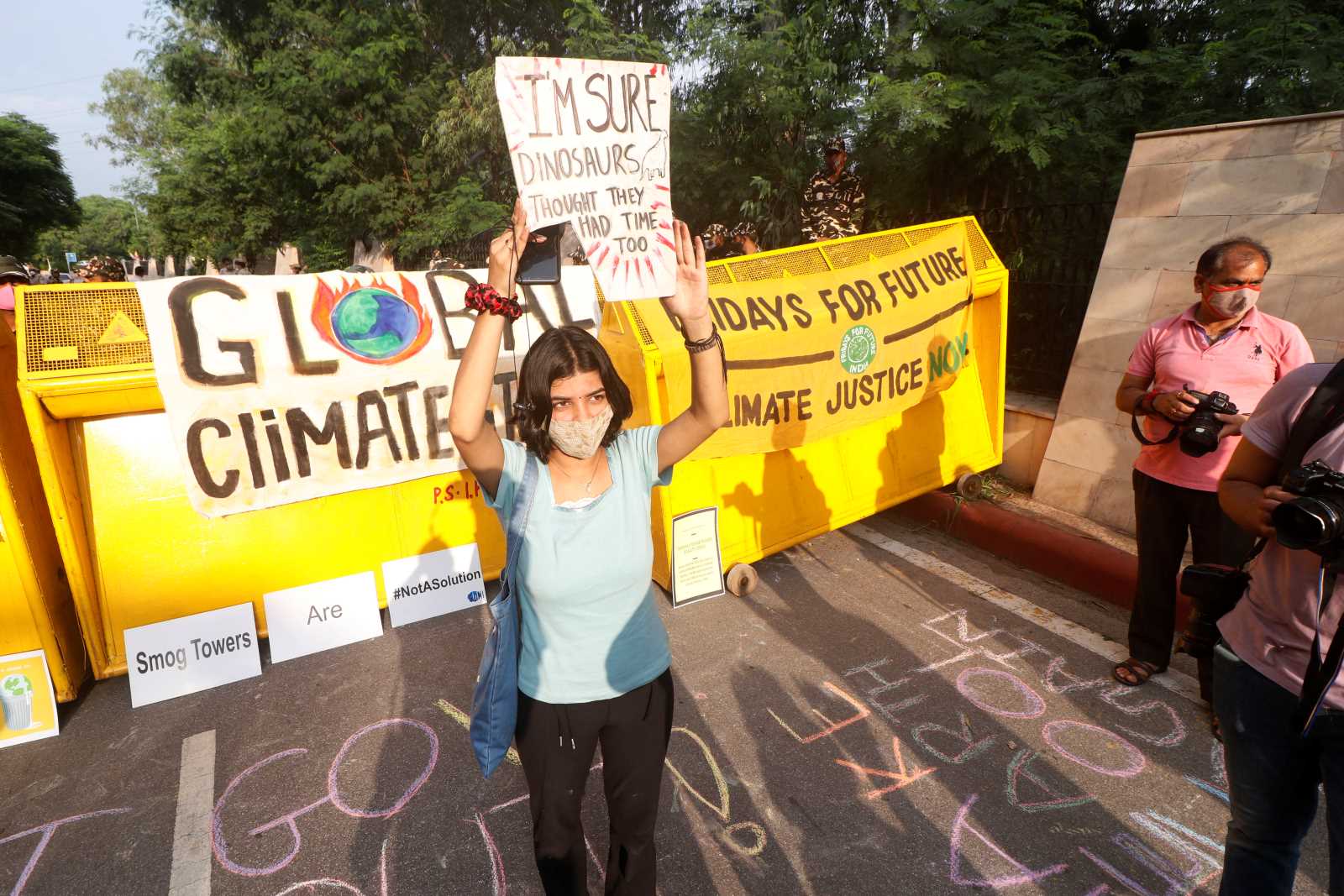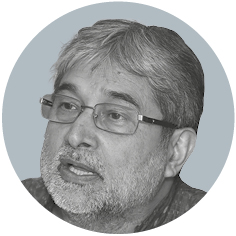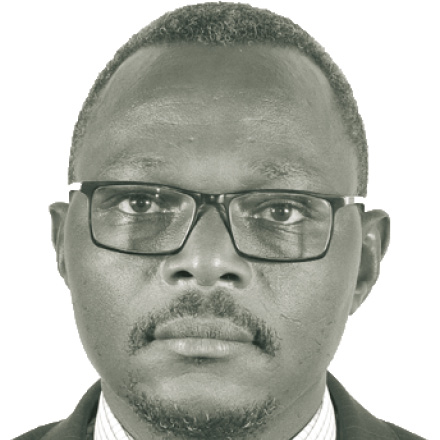Energy transition
German responsibility

The Friedrich Ebert Foundation (FES), which is close to Germany’s Social Democrats, reasons that the Federal Republic has a responsibility towards developing countries and emerging markets. Its recent publication “Learning from the ‘energiewende’” states that partners are expecting Germany to act, and quotes Malek Kabariti, Jordan’s former energy minister, as saying: “Energy transformation is the best means how Germany can extend its help to other countries, especially developing countries”.
Experts from Latin America, Africa and Central Asia point out that they are very interested in the energy transition. However, many countries lack the economic preconditions and the necessary knowledge. Therefore, they still opt for new fossil-fuel power plants in order to meet their energy demand.
Thomas Hirsch, the author of the FES study, states that international cooperation should enable foreign partners to use renewable energies large-scale. Foreign companies are willing to provide technology, but they need the support of international agencies and local grass-roots organisations. Energy supply must use renewable sources, Hirsch claims. Some 1.3 billion people worldwide do not have access to electricity. Especially in rural areas, upgrading alternative supply systems could minimise the energy deficit fast. Off-grid electricity generation based on wind and sun light is very reliable. Infrastructure can be built in remote places in economically and ecologically attractive ways. It would give rural people considerable autonomy.
According to Hirsch, the focus should not only be on expanding access to electricity fast, but on doing so in an environment friendly manner. At present, many governments of developing countries subsidise fossil fuels like diesel, hoping to win votes for the governments and arguing that they are making the lives of the poor easier. However, the poor hardly benefit from those subsidies because they do not use fossil fuels much. The money spent on subsidies would be better invested in up-to-date supply technology. In any case, the FES expert writes, the subsidies have to be reduced for the transition to renewable energy to be made.
He argues that an energy transition must succeed in political, technological, economical and socio-cultural terms:
- First of all, appropriate legislation must encourage private companies to invest. Where the legal and political environment is unreliable, they are unlikely to do so.
- For the implementation of projects, technical cooperation must result in the transfer of knowledge and technology.
- All projects and actions need to make economic sense and be designed for the long term.
- Broad-based acceptance is essential and requires the people to see the advantages of the transformation policy.
Succeeding in all four dimensions is a huge challenge, states Hirsch. According to the author, great hopes are pinned on Germany. Therefore he demands that the ministries for economic cooperation and development (BMZ) and environment (BMUB) adopt a coherent joint strategy. Furthermore, he wants donor countries to understand that change will only be achieved through joint action. “Agora Energiewende” a Berlin-based think tank of the European Climate Foundation (ECF), for instance, calls for Germany and the EU harmonising energy policies. That would provide opportunities to cooperate with developing countries on the matter, the author argues.
Rebecca Renz
Link:
Friedrich Ebert Foundation: Learning from the “energiewende”.
http://library.fes.de/pdf-files/iez/11304.pdf













